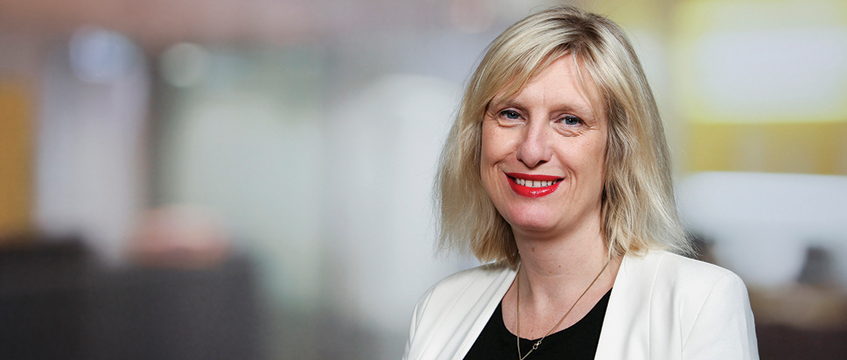COMMENT Channel 4’s recent move to Manchester’s St Michael’s prime office development, where it took approximately 12,000 sq ft – more than double its current city footprint of 5,000 sq ft – is prompting a fresh look at the growing media presence in regional UK cities.
This evolution can be traced back to the BBC’s decision to establish its Salford base in 2011, which kickstarted a wave of regional media investments.
Manchester, with its vibrant creative ecosystem of more than 2,500 businesses and influx of investment into its media sector, is now solidifying its place as a media powerhouse. By embedding itself more deeply in the city, Channel 4 is not just expanding its operations but following its broader strategy to decentralise media operations. It also highlights the untapped potential and cultural richness of regional cities and challenges the traditional focus on London as the UK’s media hub, inviting us to revisit the importance of other cities in the country’s cultural narrative.
Reaping the benefits
Bristol, Leeds and Birmingham are also reaping the benefits of decentralised media investments. Channel 4’s move to Bristol in October 2019 was arguably the most significant event in the city’s media history since the establishment of the BBC’s Natural History Unit in 1957.
Channel 4’s 2021 relocation to Leeds is another case in point: the city, with its burgeoning digital and creative sectors, is now its new national headquarters. This move is expected to inject around £1bn into the local economy over the next decade and has positioned Leeds as a key media hub outside of London.
The BBC’s move to Birmingham is another example of this regional revival. In 2022, the broadcaster announced its plans to relocate from the Mailbox to the former Typhoo tea factory in Digbeth, with a new HQ set to open in 2026. The BBC’s investment of £150m in this area highlights the city’s role in the UK’s media future.
Birmingham’s redevelopment, particularly in Digbeth, encourages us to look at the potential of former industrial spaces and their transformation into thriving creative districts. Studies show that a 1% increase in the BBC’s local footprint results in a 4.5% growth in creative sector clusters, proving the broader economic benefits.
Cardiff and Glasgow have also experienced growth. BBC Studios’ decision to base major productions such as Doctor Who in Cardiff has generated an estimated £200m boost to the Welsh economy.
Support and reshaping
Partnerships with local authorities are key to shaping the development of clusters through joint ventures or initiatives that facilitate collaborations with the private sector and other local stakeholders. Working closely with Cardiff Council has been instrumental in facilitating BBC Central Square, a key part of Cardiff’s media development.
Similarly, Glasgow has become a media centre through BBC Scotland and STV, with the creative sector in Scotland seeing a 10% increase in GDP growth over the last 10 years. These developments showcase how regional media hubs can support national and international productions, reshaping how we think about the UK’s creative economy.
More recently, Channel 4 has announced plans to help deliver 600 roles outside London and increase its presence across UK as it celebrates five years of expansion in the regions. The strategic moves by Channel 4 and the BBC into key regional cities highlights their growing roles in the UK’s media landscape. Through these investments, both broadcasters are fostering a more inclusive and diverse media ecosystem, aligned with the UK’s broader “levelling-up” agenda. The decentralisation of media is helping to unlock the creative potential of areas that were once overlooked, creating vibrant hubs that extend far beyond London’s traditional dominance.
Clare Bailey is director of commercial research at Savills











